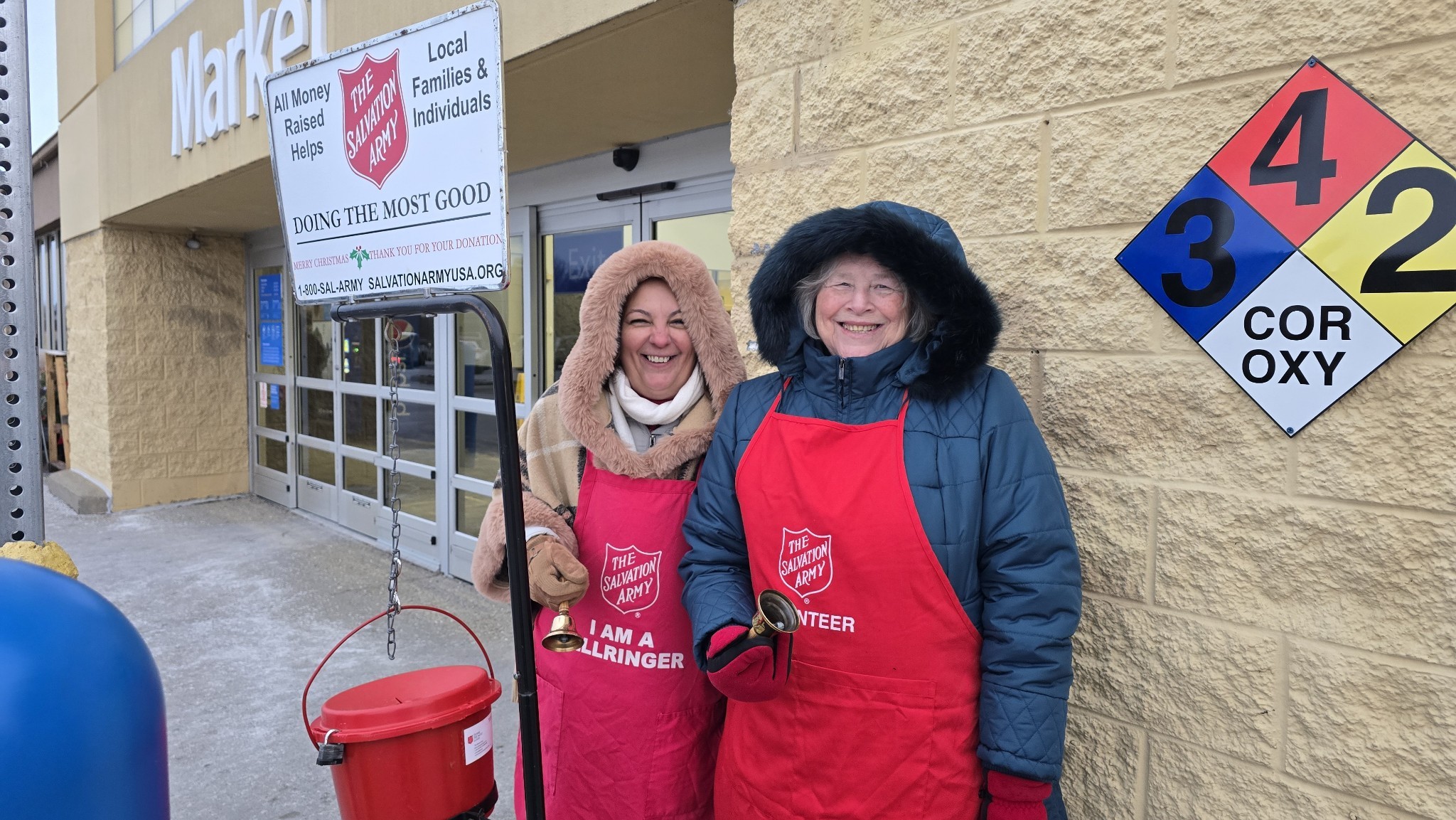
Last year the Pennsylvania Supreme Court, in the case of Marion v. Bryn Mawr Trust Co., officially recognized that a third party can be sued – thus potentially held liable – for aiding and abetting fraud if the third party has actual knowledge of the fraud and provided substantial assistance to the person who committed the fraud.
Why should you be concerned? The real estate industry is rife with opportunities for fraud, and your work as a Realtor® can lead you to some uncomfortable situations. Letting yourself get dragged into your clients’ schemes is wrong on a number of levels, but now it can also lead to civil liability.
In the civil law context, fraud is a cause of action that arises when one party either knowingly or recklessly makes false statements or conceals a material fact, which then prompts another to act. The victim of the fraud ultimately acts to their own detriment, losing (most often) money and/or property. According to the Marion case, if you knew of the fraud and yet took steps to help or encourage the fraudster, then you may find yourself on the hook to the victim, as well. The court found that even though actual knowledge is required, a showing of “intentional ignorance” or “willful blindness” could establish actual knowledge on the part of the one assisting.
Let’s look at this in the context of seller disclosure and a transaction in which you represent the seller. You would, of course, provide a seller’s property disclosure statement for the seller to complete with instructions to read the form, answer all questions, and provide explanations to the best of their ability when applicable. But what if you get the form back from the seller and notice that many questions are unanswered? And what if those unanswered questions happen to correspond with water stains on the basement wall you noticed during your listing appointment? If you deliver that incomplete disclosure statement to the buyer, who ends up purchasing the property and later suing the seller, you may also be sued and found liable to the buyer.
As stated above, there are multiple opportunities for fraud in a real estate transaction – bad checks for deposits, fake names of buyers or tenants, mortgage and lending, stolen title, etc. Your radar is going to have to be attuned to potential pitfalls and you’ll have to ask questions – sometimes uncomfortable ones – when things don’t seem to add up.
Topics
Member Discussion
Recent Articles
-
Realtors® Ring Bell for Salvation Army
- December 20, 2024
- 4 min. read
Realtors® from 15 local associations braved the cold weather on Friday, Dec. 6 to ring bells for the Salvation Army’s annual Red Kettle Ring Day.
-
6 Things to Consider When Choosing a Sofa
- December 19, 2024
- 4 min. read
A sofa can completely change the look and feel of your living room. Here are six things to consider when trying to choose the right one for your home, from interior design expert Sylvia James.
-
Realtors® Reveal: 3 Homeselling Preparations to Make
- December 18, 2024
- 3 min. read
Whether you’re selling your home or you’re a seller agent helping your client, here are three homeselling preparations from two Pennsylvania Realtors®.
Daily Emails
You’ll be the first to know about real estate trends and various legal happenings. Stay up-to-date by subscribing to JustListed.



